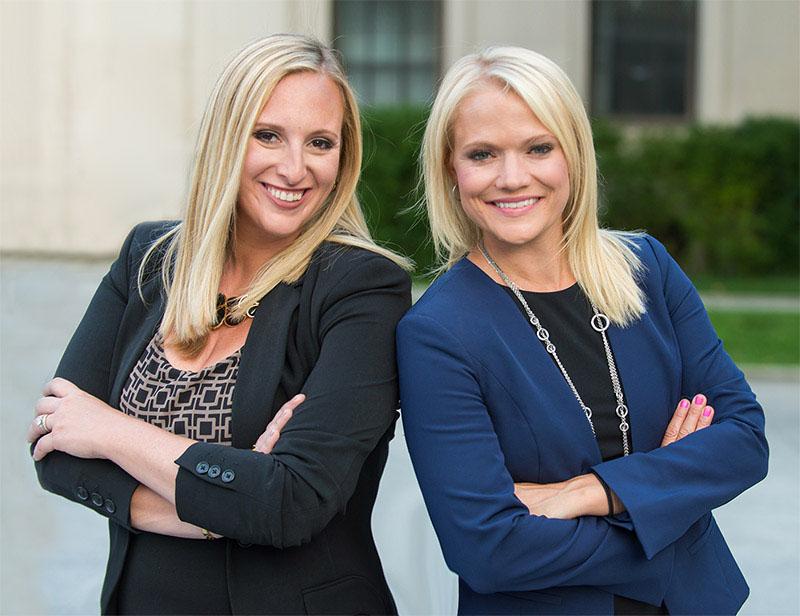What Rights do Foster Parents Have in Legal Proceedings?
Foster parents play a critical role in the lives of children who have been adjudicated neglected by the Department of Children and Families (DCF) and are subsequently removed from their parent or guardian’s care. While some foster parents will go on to adopt their foster child, that is not always the case. Many times, the child will be reunified with their parent or guardian or be placed with a relative. As much as a foster parent may want to intervene in the matter, a foster parent’s role is more of a nurturing one, than a legal one.
In Connecticut, when a neglect petition is filed, a matter is opened in the Superior Court for Juvenile Matters. The State generally brings the action, with the Assistant Attorney General’s Office as the attorney for DCF (since it is a state agency). In addition to that, the parents of the child(ren) involved are served with the petition, and the child(ren), and often the parents/Respondents are appointed an attorney as well. There may be other parties involved, such as a legal guardian, or other advocates (such as a guardian ad litem), if necessary. The court also has Court Services Officers that help facilitate the matter and try to have all parties work toward the common goal of what is in the minor child’s best interest. If and when a foster parent is involved, his or her general role is to provide a safe, loving, stable environment for the child(ren) while their situation is assessed, and a determination can be made about the child(ren)’s guardianship and care.

Naturally, foster parents can become very attached to their foster children. However, despite this attachment, a recent case from the Connecticut Appellate Court has decided that foster parents do not have the right to intervene in their foster child’s case. The case, In Re: Ryan C., concerned three siblings who were placed in foster care. Two days prior to the reunification date, Ryan’s foster mom filed an ex parte emergency motion to intervene to prevent the removal of Ryan from her home and an ex parte motion to intervene to transfer guardianship of Ryan to herself. Although the court granted the foster mother’s ex parte motions, the Connecticut Appellate Court has concluded that they erred in their decision to do so.
While biological and adoptive families have a liberty interest in the integrity of their family unit, as protected by the fourteenth amendment, foster parents are not afforded such a protection. Specifically in Connecticut, In re Joshua S. limits the rights of foster parents to participate in neglect proceedings. Although a foster parent has the right to be heard in any proceeding held concerning a child or youth living with such foster parent, they do not have the right to intervene. The right to be heard permits the foster parents to participate, in a limited manner, in the dispositional phase of a termination of parental rights proceeding. However, since they cannot intervene, they essentially cannot advocate for themselves, nor do they actually have legal standing with the court. This effectively limits their involvement to speaking about their foster child(ren)’s current situation and any ongoing concerns.
The Connecticut Supreme Court has also held In Re: Baby Girl B., that pre-adoptive parents are not allowed to intervene because their intervention at the termination stage of the proceedings could potentially create a situation in which judges or social workers could compare the material advantages of the child’s natural parents with those of the prospective adoptive parents. The court seeks to avoid reaching a result based on such comparisons and instead, must rely on the statutory criteria.
Remember, you do not have to navigate the complexities of the juvenile court system alone. If you have questions about how to proceed in your juvenile law or family law matter, please contact us. Ever argue with a woman? Let Wolf & Shore Law Group go to work for you and help protect your future. Click here, call us at 203.745.315, or email us at info@wolfandshorelaw.com.




